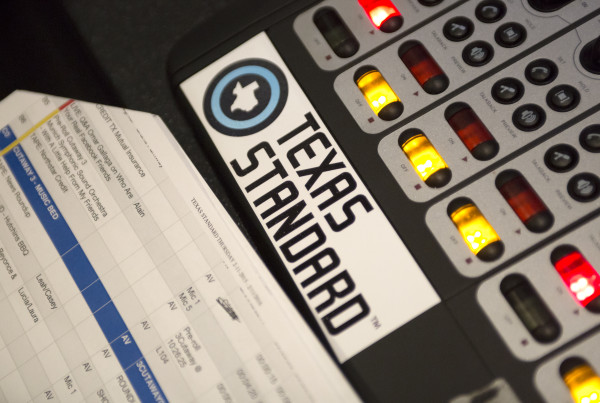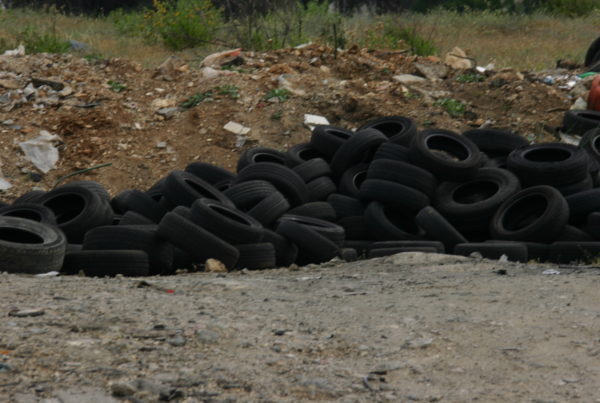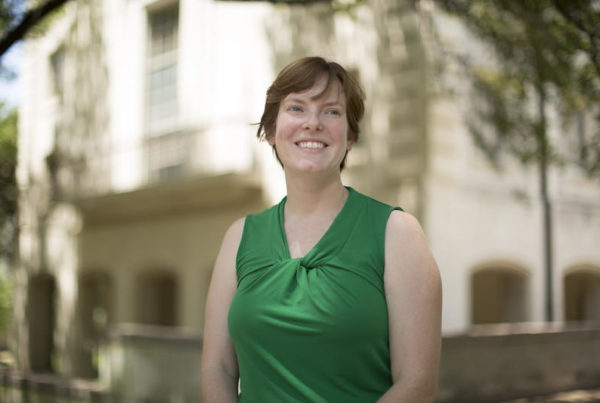From Texas Public Media:
For years, the State of Texas went to great lengths to limit the number of kids provided special education services.
Following a Houston Chronicle investigation, parents were outraged. So were state lawmakers, who vowed to take the issue on during the 2017 legislative session.
Lawmakers passed sweeping changes to special education in Texas, including a ban on any cap, more parental rights and more public input into special education.
“It’s been probably a generation since we’ve had so much attention to the needs of students with disabilities in our Texas public schools and our lawmakers this year really did respond,” says Steven Aleman, an attorney with the advocacy group, Disability Rights Texas.
Top five changes to special education in Texas
– Senate Bill 160 imposes a ban on using a target or benchmark in any agency to measure how many students a district or charter school enrolls in special education,
– Senate Bill 436 requires the state’s special education continuing advisory committee meetings to be conducted according to open meeting rules and must both allow and encourage public testimony.
– Senate Bill 1153 says more information must be given to parents regarding support for their child’s learning difficulties, including response to intervention strategies,
–House Bill 1886 established screening for dyslexia and related disorders for all students in kindergarten and at the end of first grade,
– Senate Bill 748 provides more support and planning for older students with disabilities as they transition from public school to adult life,
What special education proposals failed
– Senate Bill 927 would have established a recovery program to help some students who had been denied special education services because of the state’s previous rationing,
– House Bill 3369 provided for special ed evaluations that are culturally and linguistically relevant for students who are learning English,
–House Bill 21 would have added state funding for dyslexic students included in the Texas school finance formula,
–House Bill 23 created a grant program to fund innovative programs for students with autism,
What could be next:
– Results from a federal investigation into Texas special education
– A push for so-called “vouchers” for special needs children. This measure could be addressed during the upcoming special session of the Legislature.
To start, lawmakers made sure that the Texas Education Agency will never again set a target for how many children can receive special ed services, without first changing the law.
They passed a ban on any kind of cap, even though the Texas Education Commissioner, Mike Morath, had already promised to end it. Since 2004, the TEA had discouraged schools from enrolling more than 8.5 percent of all students into special ed.
“I still see a need for the legislation to ensure that some other TEA commissioner doesn’t do the same thing down the line,” says state Sen. Jose Rodriguez (D-El Paso), who proposed that ban in the Senate.
“I think we bear some responsibility for not being onto some of this, quite frankly, in Legislature,” he says.
Next, lawmakers passed another bill to make sure children aren’t stuck with a cheaper alternative to special education, when they, in fact, have a disability.
That’s what happened to 12-year-old Lilly Barrera for years.
In second grade, she struggled to learn to read. Her mom, Jennifer Barrera, thought she might have dyslexia like her older sister. When that test came back negative, her school in Hallettsville didn’t check for any other learning disability. Instead, they gave Lilly a different kind of support, called “response to intervention.” It’s a recognized teaching strategy, but not meant to replace special ed. Barrera said that with that group coaching, Lilly barely advanced.
“And I would tell them something isn’t right, something is missing, and they just said she’s passing, she’s fine,” Barrera says.
Then, when Lilly changed schools in fifth grade, that extra support disappeared. She started failing her classes and her self-esteem plummeted.
“She didn’t like school,” Barrera says. “She didn’t like herself. She was trying so hard but without the help of the school, it was just she was at that frustration level of, ‘OK, I’m just about to give up.’
Eventually, Barrera got Lilly special education services for her learning disability in reading, with the help of an advocate, though they’re still fighting for adequate services.
With the new law, parents like Barrera will get more information about strategies like response to intervention, or RTI. And they’ll be notified of their right to request a special ed evaluation at any time.
“There’s nothing wrong with RTI, other than it was the only place for students with disabilities to go because of the limitation on their referral to special education,” Aleman says. “But we would expect there to be tens of thousands of students who might now become eligible for special education and get the true services that they need that probably were languishing in RTI.”
But other attempts to improve special ed failed.
State Rep. Dan Huberty (R-Humble) wanted to create state funding for all dyslexic students. That didn’t pass. He pushed for that and several other special ed changes because of his experience as a parent. His son Ryan has severe dyslexia and has gone from being bullied in grade school to making good grades in general high school classes.
“I look at this from my own personal experience as a parent and say, ‘It’s my responsibility while I’m still up there serving to advocate on behalf of all the children and all the parents that are fighting for their student’s rights,’” Huberty said in an interview.
Another effort that failed was a proposal to create a recovery program for many students who had been denied special ed services because of the state’s long-standing cap.
“Unfortunately, there wasn’t as much strong political will to say for those students who were already hurt, who were denied services, we’re going to do something for you,” Aleman says.
Even more changes to special education in Texas may come this summer.
For the special session, Gov. Greg Abbott has tasked lawmakers to create vouchers for special ed. That would give state subsidies to families who want to send their special needs children to private school.
That issue strongly divides the Texas House and Senate.















